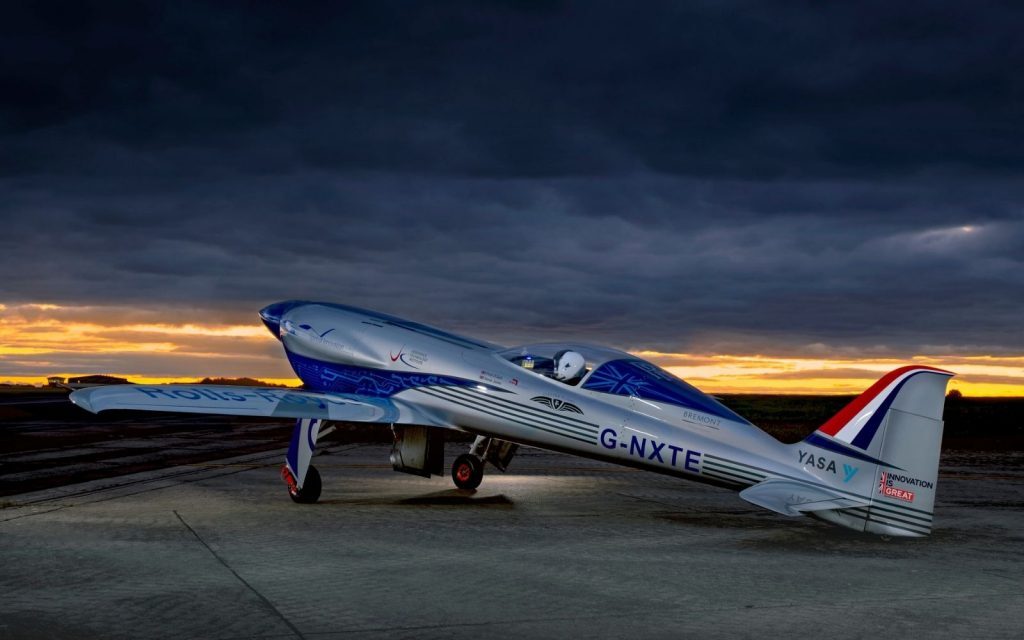Back in September this year, we heard about the Rolls-Royce Spirit of Innovation. At the time, the all-electric aircraft the engine manufacturer was working on undertook a successful test flight. Well, it’s back. And, unlike the brief test a few short weeks ago, this time it’s moving much faster.
Originally, the company was hoping to eventually get its Project ACCEL engine to reach a top speed of at least 480km/h. It seems that it has reached its mark, and then some, though we’re still not sure about the whole target distance, thing.
Rolls-Royce rocket
The engine-makers have, in a press release, claimed to have broken all sorts of records with its Spirit of Innovation aircraft. Starting with the largest number, Rolls says that the 623km/h top speed achieved by the craft makes the Spirit of Innovation the world’s fastest all-electric vehicle.
Which… fair enough. It’s not like you can make a Tesla Model S move that quickly, no matter what Elon Musk wants you to think. But there are a few other achievements that were also apparently attained. The craft reached a speed of 555.9 km/h over a distance of 3km, which considerably wallops the previous speed of about 343km/h over that distance.
The Spirit also managed a sustained speed of 532.1km/h over 15 kilometres, beating out the previous best of 239.3km/h by a considerable margin. The world’s previous fastest climb to 3,000 meters (262 seconds) also had 60 seconds shaved off its total by the electric aircraft. And Rolls is confident enough in its numbers that it has submitted this data to the World Air Sports Federation, which keeps tabs on these kinds of records.
More remarkable is that these times were set by an aircraft with a 400kW engine and “…the most power-dense propulsion battery pack ever assembled in aerospace.” The ACCEL program intends to stick a 750kW engine into a plane eventually. Presumably, then humankind will discover time travel or something.
Rolls-Royce CEO Warren East said, “The advanced battery and propulsion technology developed for this programme has exciting applications for the Advanced Air Mobility market.”
“Following the world’s focus on the need for action at COP26, this is another milestone that will help make ‘jet zero’ a reality and supports our ambitions to deliver the technology breakthroughs society needs to decarbonise transport across air, land and sea.”




